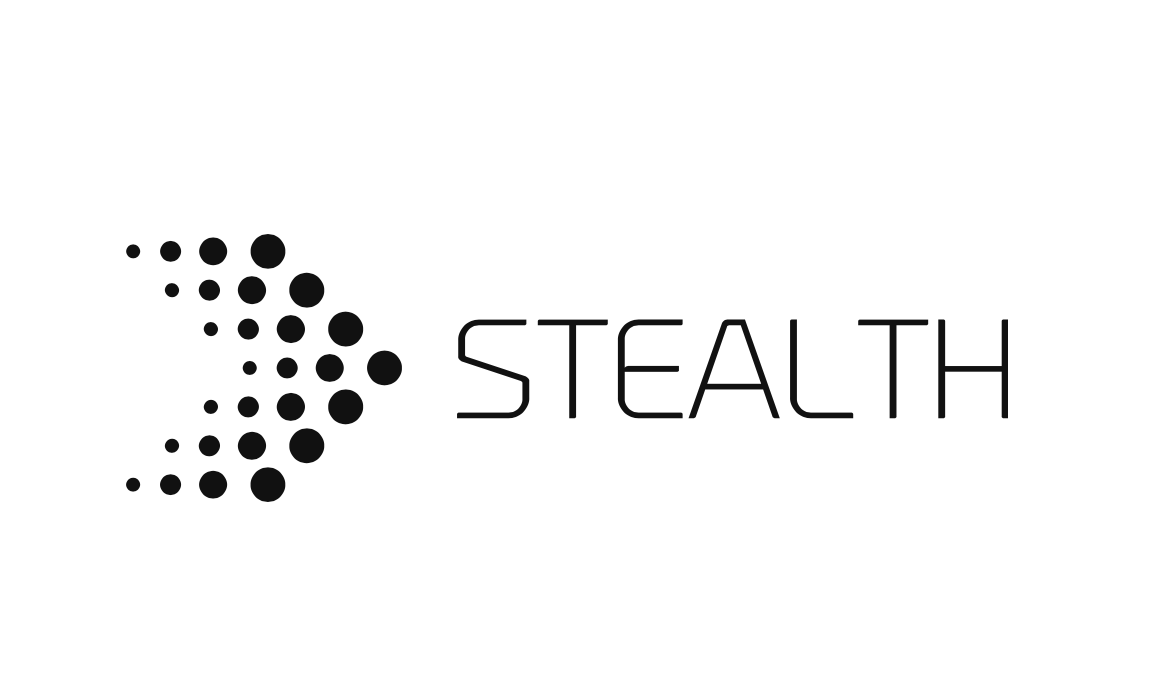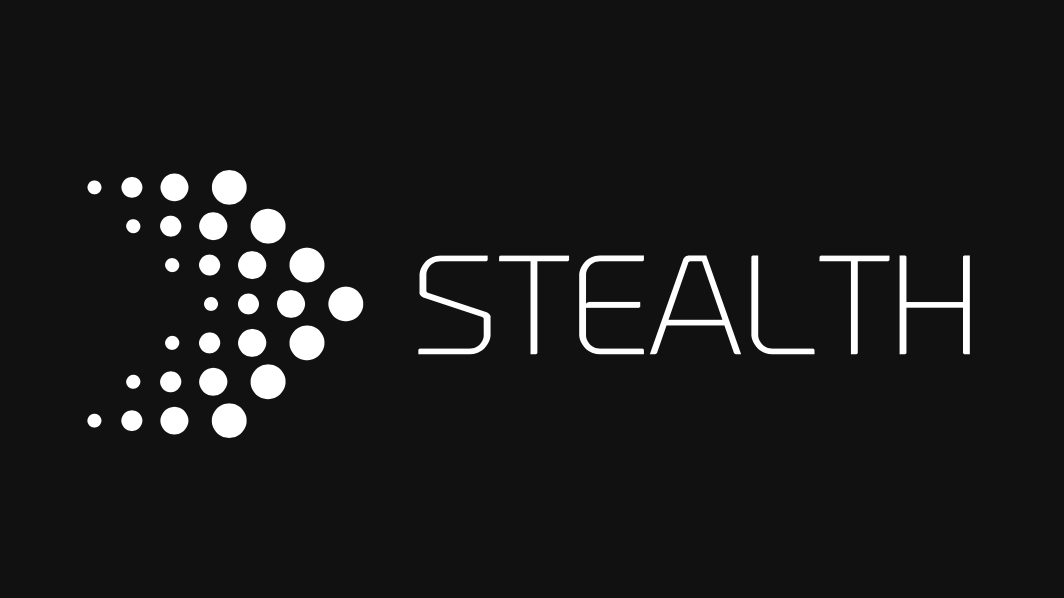Neural Networking for Bioenergy
A neural network is a computing system that is modeled on the workings of the human brain. It can be used to learn how to do things by example, rather than being explicitly programmed. One common application of neural networks is in machine learning, where a computer is taught to recognize patterns in data. This can be used for tasks such as recognizing objects in pictures or understanding natural language. Neural networks can also be used for predicting outcomes, for example in financial forecasting or weather prediction.
Businesses that use neural network computing can improve their efficiency and accuracy in data analysis. For example, a business might use neural networks to predict consumer behavior or to forecast demand for their products. Neural networks can also be used to improve the accuracy of predictions made by other data analysis methods. This can help businesses make better decisions about where to allocate their resources and how to respond to changing market conditions.
Neural networks can be used to improve a number of bioenergy processes, from optimizing production to enhancing sustainability. Neural networks can help identify the most efficient process for producing energy from novel or mixed biomass. This could lead to more efficient and cost-effective bioenergy production. Another way neural networks can be used to improve bioenergy processes is by enhancing sustainability. Neural networks can help assess the environmental impact of different bioenergy production methods. This information can then be used to choose the most sustainable option for producing energy from biomass.
If you need help setting up a neural network or optimizing one for your specific application, then you need a neural network engineer. They will be able to help you get the most out of your neural network and achieve your desired results. A neural network engineer is someone who has expertise in designing, building, and training neural networks. They must be able to understand complex mathematical models and have a strong background in computer science. Additionally, they must be able to effectively communicate with end users and help them understand how neural networks can be used to improve their business.
If you're interested in learning more about how neural networks can be used to improve bioenergy processes, contact us today. We specialize in helping our clients engineer data solutions. We would be happy to discuss how we could help you use neural networks to improve your bioenergy processes.

